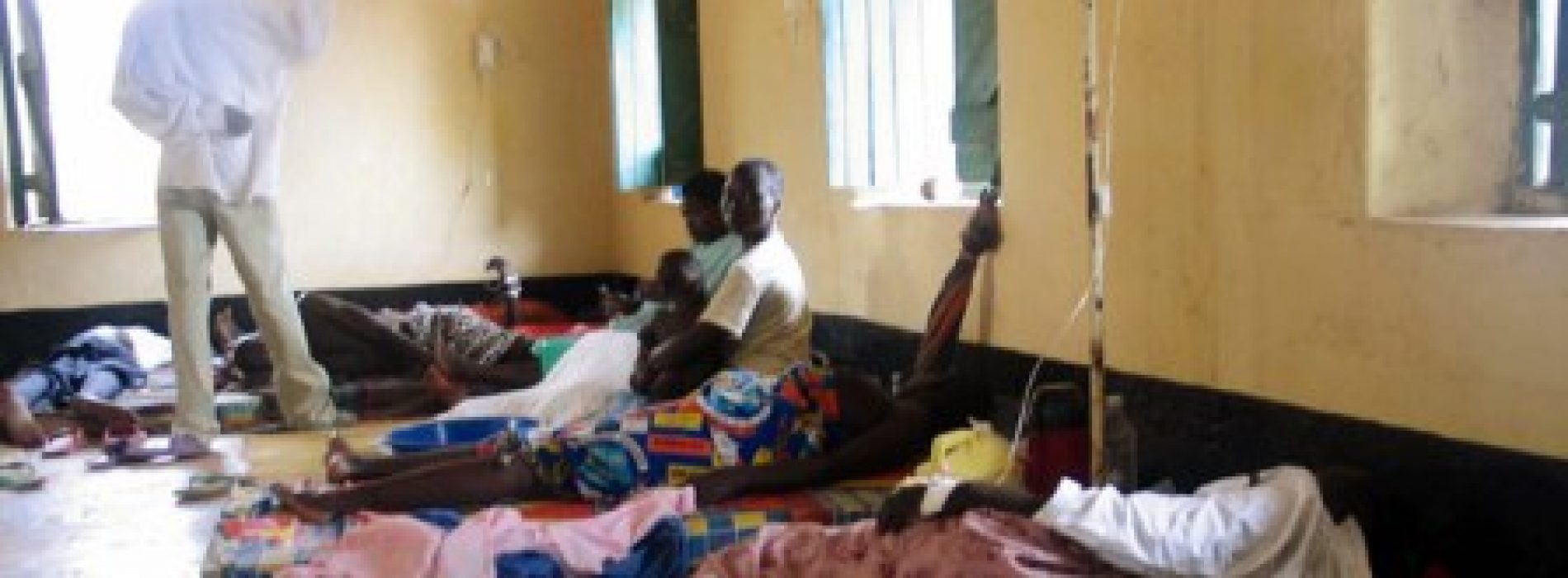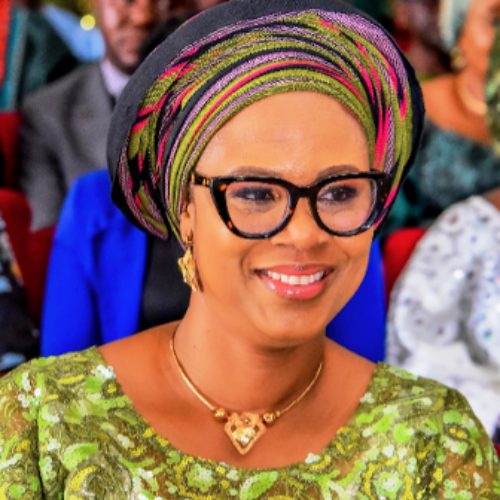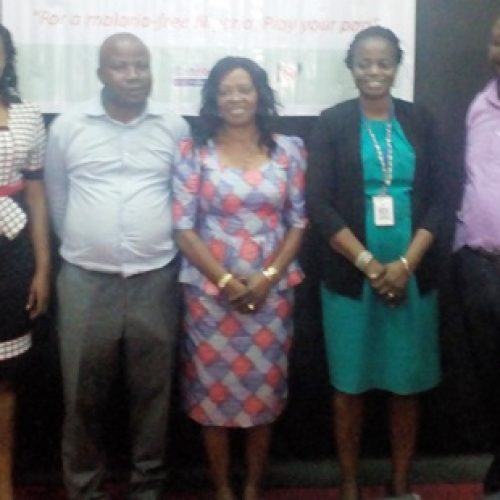Cholera: Nigeria records 233 deaths, 2187 confirmed cases in 9 months – NCDC
-
Calls for urgent improvement in access to clean water
As some parts of Nigeria states continue to experience an outbreak of cholera, the Nigeria Centre for Disease Control and Prevention, NCDC, on Thursday disclosed that a total of 2187 confirmed cases and 233 deaths have been recorded in 31 states from the 1st of January to the 25th of September 2022.
According to a Vanguard report, the centre has called for urgent improvement in access to clean water, proper sanitation, and hygiene.
NCDC in an advisory entitled: Stop cholera:: “Strengthening Water, Sanitation and Hygiene (WaSH) in Nigeria”, and signed by the Director General, NCDC, Dr Ifedayo Adetifa, explained that the latest outbreak has been exacerbated by limited access to clean water and sanitation facilities, open defecation, and poor hygiene practices.
Adetifa said in response, NCDC and its partners have supported the affected states with commodities for case management and laboratory diagnosis, materials for risk communications, and response guidelines among other things.
“However, medical interventions alone are not sufficient to address the root causes -water, sanitation, and hygiene (WaSH) – of cholera outbreaks.
“Following a recent increase in the number of cholera cases, the multi-sectoral National Cholera Technical Working Group (TWG) in collaboration with partners has been supporting affected states in risk communication, active case search, case management, and water, sanitation, and hygiene (WASH) interventions.
“The NCDC-led multisectoral TWG includes representation from the Federal Ministries of Environment and Water Resources, the National Primary Health Care Development Agency (NPHCDA), the World Health Organization (WHO), United Nations Children’s Fund (UNICEF) and other partners.”
He explained that Cholera is a waterborne disease, and the risk of transmission is higher in areas that lack adequate sanitation facilities and/or a regular supply of clean water.
He said: “Unsafe practices such as improper disposal of refuse and open defecation endanger the safety of water used for drinking and personal use. These practices lead to the spread of water-borne diseases such as cholera. Without proper WaSH, Nigeria will continue to be at risk of cholera outbreaks along with the associated suffering and deaths.
“The long-term solution for cholera control lies in access to safe drinking water, maintenance of proper sanitation (especially the discontinuation of open defecation) and the practice of hygiene. We continue to advocate State Governments to prioritise action for solutions that ensure access to and use of safe water, basic sanitation, and proper hygiene practices in communities.”
He urged Nigerians to keep their environments clean, only drink or use water that is boiled and stored safely, ensure food is cooked and stored in a clean and safe environment, avoid open defecation, and wash their hands regularly with soap and running water.
He stated that Cholera is preventable and treatable but can be deadly when infected people do not access care immediately.
Adetifa advised Nigerians to visit a health facility immediately if they have sudden onset of profuse watery diarrhoea, nausea, vomiting, and weakness.
“As the NCDC continues to work with partners to lead the health-sector response to cholera outbreaks, we call for an urgent improvement in access to clean water, proper sanitation, and hygiene.”























0 Comments
No Comments Yet!
You can be first to comment this post!